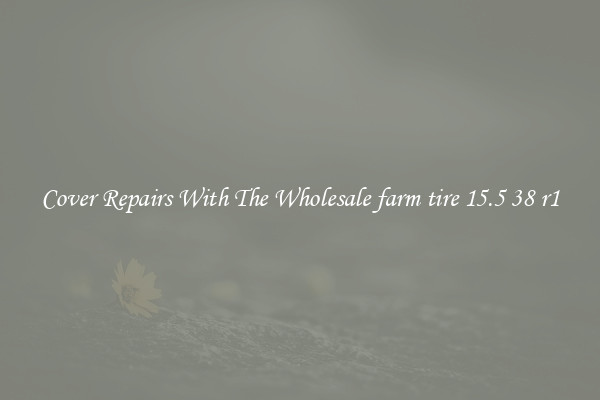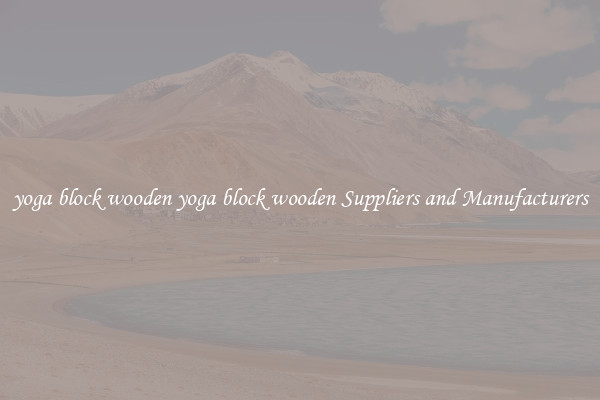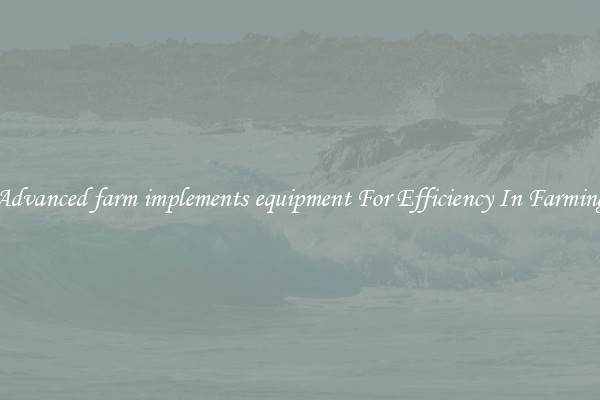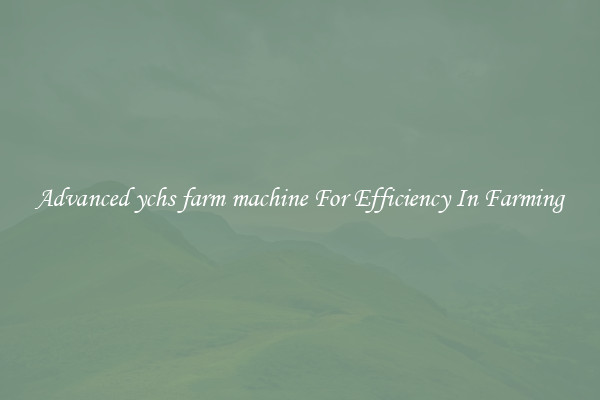Organic low ec coco peat block For Gardening And Farm Success
Organic low EC coco peat blocks have become increasingly popular among gardeners and farmers for their numerous benefits and sustainable nature. Coco peat, also known as coir pith, is a byproduct of the coconut industry and is a versatile growing medium that is used for a variety of plants.
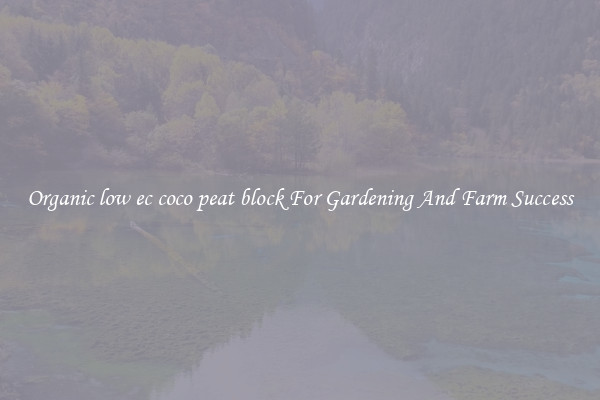
One of the main advantages of using organic low EC coco peat blocks is their eco-friendly nature. Coco peat is a renewable resource that is biodegradable and does not harm the environment. By using coco peat, gardeners and farmers can reduce their carbon footprint and contribute to a more sustainable future.
Furthermore, coco peat is a natural and organic material that is free from harmful chemicals and pesticides. This makes it safe to use for growing fruits, vegetables, herbs, and other plants, without the risk of exposing them to harmful toxins. Organic farming practices are on the rise, and using organic low EC coco peat blocks is a step in the right direction towards growing healthy and nutritious produce.
In addition, organic low EC coco peat blocks have excellent water retention capabilities, which helps to reduce the frequency of watering and prevent water wastage. Coco peat can hold up to 8-10 times its weight in water, providing plants with a consistent and even supply of moisture. This is particularly beneficial for plants that require high levels of humidity, such as tropical fruits and flowers.
Moreover, the low EC (Electrical Conductivity) of organic coco peat blocks ensures that the growing medium is free from excess salts and minerals that can be harmful to plants. This makes coco peat an ideal choice for sensitive plants that are prone to nutrient burn or salt build-up in their roots.
Overall, organic low EC coco peat blocks are a valuable addition to any gardener or farmer's toolkit. Their sustainability, organic nature, water retention capabilities, and low EC make them an excellent choice for promoting healthy and successful plant growth. By incorporating coco peat into their gardening practices, individuals can contribute to a more eco-friendly and productive agricultural system.

View details

View details

View details

View details
